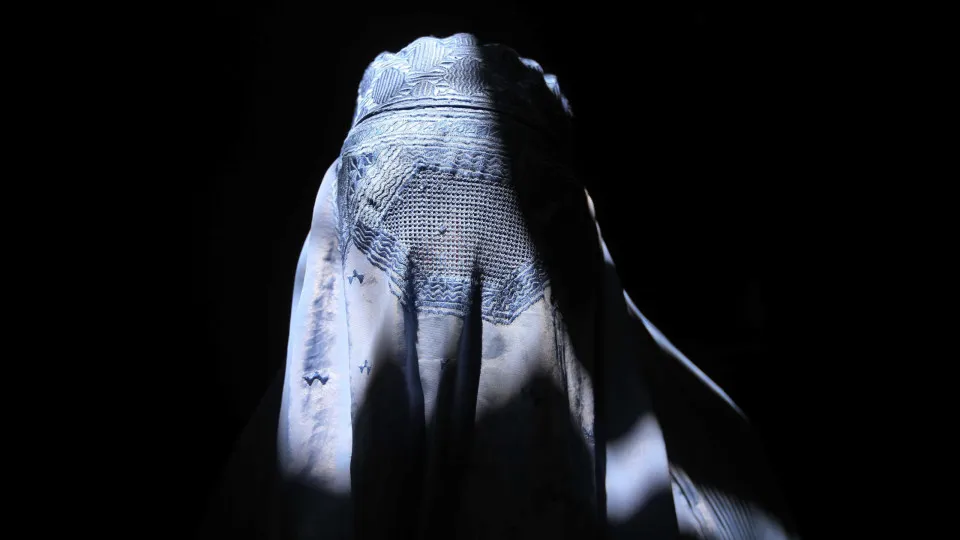
In an interview, a religious studies expert expressed concern over a law aimed at prohibiting face coverings in public spaces, such as burqas. This law, he argued, appears to intentionally stigmatize a religious community.
“There’s a wave of alarmism and Islamophobia, with this law serving as the perfect argument to spotlight the issue for several weeks, fostering a negative cultural view on immigration,” stated Paulo Mendes Pinto.
The PSD, IL, and CDS-PP recently approved a draft law from the Chega party prohibiting burqa use in public, citing women’s rights and security concerns.
“The number of women in Lisbon wearing burqas is minimal, possibly countable on one hand,” observed the researcher in Jewish and Islamic culture, noting the statistical insignificance compared to all Muslim women in the city. He acknowledged the argument for women’s dignity but argued for a different approach.
He called for a pedagogical approach to change societal mindsets, pointing out that face veils and burqas are not mandated by the Quran but are cultural items from regions where they predate Islam.
“If it isn’t a faith practice, what can we do to change behaviors culturally?” questioned Paulo Mendes Pinto.
He suggested involving “religious leaders” to address the issue, similar to previous initiatives against female genital mutilation, by encouraging imams to advocate for citizenship and dignity, dissuading these practices among their communities.
“A good program with proper training for Islamic leaders would be more effective than a law that could result in women further retreating indoors,” stated Paulo Mendes Pinto.
The Lusófona University professor recognized the timeliness of this debate, describing discussions on burqas and niqabs as “untimely” yet “natural.”
He highlighted that other European countries with integration challenges, like France, have addressed this topic with similar laws, though Portugal does not exhibit significant practice.
“This discussion has a media dimension far exceeding its social reality. The proposed law comes from a party claiming to stand for women’s dignity, though such concerns are not prominently on their political agenda,” remarked the researcher.
Paulo Mendes Pinto argued that the law’s underlying intent is not about women’s dignity or security, but fear of an Islamic immigration “invasion” disguised by an argument difficult to oppose, given that face coverings challenge Europe’s Renaissance heritage of individual liberties, where facial recognition is fundamental.
“Culturally, our Western values prioritize exposed faces,” said the researcher, urging legislators to determine if this freedom overrides others, considering the “legitimate cultural and identity issue” of wearing burqas or niqabs.
“We operate in a realm of representations, not truth,” he added, noting that the “truth is what the media shapes it to be,” concluded Paulo Mendes Pinto.




